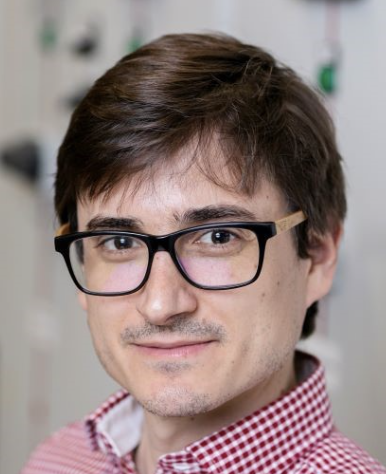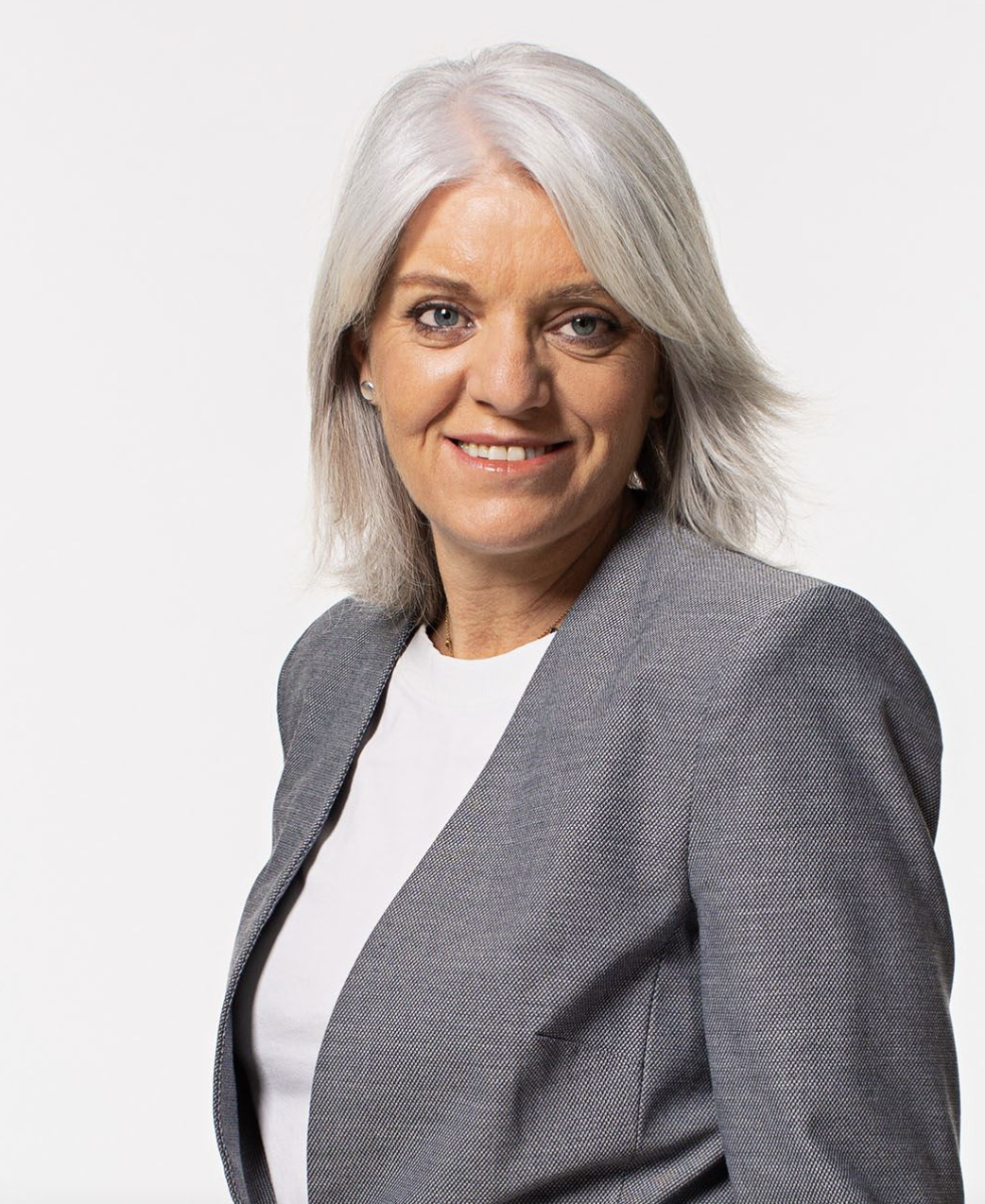OSS & AI
The role of OSS in Artificial Intelligence enabled systems: Speeding the AI adoption through OSS
Workshop within the framework of the Open Source Workshops for Computing and Sustainability event
Albert Borschette Conference Center, Brussels: 02 December 2022
Workshop time: 10:00-11:30 CET
Workshop Description
AI has acquired a strategic stature within the vision of the European Commission, and a multi-pronged set of objectives is evolving based upon not only technological considerations but also policy-oriented considerations such as ethical issues in AI. OSS has the potential to make significant contributions to each of these objectives. Technologically, much of current AI research, and especially the sub-discipline of Machine Learning (ML), makes use of large, mature open-source components (TensorFlow, etc.). ML also makes heavy use of large datasets for training of the neural networks, and here the principles of Open Data can promote the widespread availability of datasets in all sectors of ML application, ranging from language processing to machine vision. Other challenges to be explored for the potential contribution of open approaches personified by OSS are Explainability/Transparency of ML reasoning (especially in critical applications) and Ethics, such as various forms of bias (gender, race, economic). The use of OSS to make available open platforms / testbeds / facilities for testing ML applications is also an important challenge to explore.
Chair
 |
Miguel Esteras (TECNALIA) I am a researcher in the fields of machine learning, optimization and data mining working in TECNALIA (Spain). I have a MSc in Data Science from City, University of London (2017). I received my PhD in Clinical Research by Imperial College London in 2012. I have 5 years working experience in developing and implementing applications based on machine learning techniques to tackle real-life problems in the sectors of manufacturing, life-science research, healthcare, and operation and maintenance of energy production plants. |
Panellists
 |
Silvia Castellvi (IDSA) Silvia Castellvi (female) is stakeholder engagement senior consultant at International Data Spaces Association. She has a bachelor’s degree in industrial engineering from Polytechnic University of Catalonia (UPC). Silvia participates in the Data Spaces Support Centre, OMEGA-X, ZERO-SWERM, OPEN DEI and TRUSTS research projects. Before joining to IDSA, Silvia worked for i2CAT (2016 – 2020) where she was responsible for Industry4.0 business development. Previously she worked for 18 years at Atos, the last 10 years in European R&I projects. During this period, Silvia was coordinator of C2NET and ASTUTE projects and participate in FITMAN, FISPACE, ROAD4FAME and KAP projects between others, mainly in the manufacturing and supply chain sectors |
 |
Tim Llewellynn (Bonseyes) Tim is the CEO and Co-Founder of NVISO, a deep tech SME providing human behaviour artificial intelligence (AI) software for the extreme edge, serving global manufacturers of mass market user-centric products and services worldwide. Tim is also the President of the Bonseyes Community Association, a non-profit association focused on building a community forthe development of artificial intelligence to benefit the society, through open and distributed platforms and technology. |
 |
Kerstin Bach (NTNU) Kerstin Bach is professor in artificial intelligence at the Computer Science Department at NTNU. Her research interests are developing artificial intelligence methods and tools. While the application domains differ, we are investigating how to make knowledge and experience available through intelligent systems. She has broad international research experience: she obtained her B.Sc., M.Sc., and Ph.D. from the University of Hildesheim, Germany before moving to Norway working as a Software Engineer in a Startup and eventually joining NTNU. At NTNU she has lead European and national projects in which she was always responsible for the development of AI methods and software.
|
 |
Danilo Ardagna (Politecnico di Milano - AI-SPRINT project) Danilo Ardagna is an Associate Professor at Politecnico di Milano with a Master degree and PhD in Computer Science from the same university. He was a visiting researcher at IBM TJ Watson Research Center and at the Basque Center for Applied Mathematics. He is the scientific coordinator of the H2020 AI-SPRINT project and his research interests includes performance modelling and cloud/fog systems resource management. He has developed solutions for optimising virtualized systems, large scale data centers, and advanced schedulers for big data and artificial intelligence applications. |